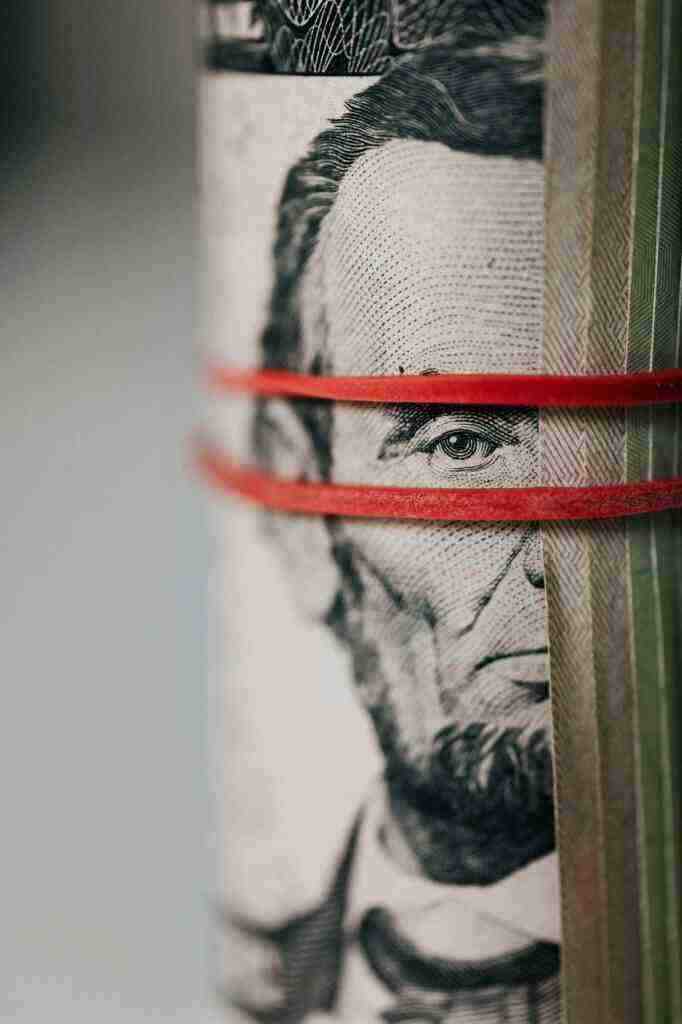# No-Spend January: A Collective Financial Reset or a Temporary Band-Aid?
The Rise of No-Spend January
In the wake of COVID-19, many individuals have found themselves grappling with altered shopping habits and a heightened sense of financial vulnerability. This has fueled the popularity of no-spend January, a monthlong challenge that encourages participants to eliminate non-essential purchases and focus solely on necessary expenses. This trend has gained significant traction on social media platforms, particularly TikTok, where users share their experiences, tips, and struggles as they navigate this financial detox.
Why No-Spend January Resonates
The appeal of no-spend January lies in its simplicity and effectiveness as a short-term financial reset. The challenge provides a structured approach to curbing impulsive spending, allowing participants to reassess their relationship with money and consumption. Additionally, the collective nature of the challenge, with numerous individuals embarking on the journey simultaneously, fosters a sense of community and accountability, making it easier to stay motivated and on track.
Potential Downsides of No-Spend January
While no-spend January can be a beneficial exercise in financial mindfulness, it also has some potential drawbacks. Critics argue that strict financial resolutions, such as no-spend challenges, may lead to yo-yo spending habits in the long run. They emphasize the importance of addressing underlying financial issues and developing sustainable spending habits throughout the year, rather than relying solely on short-term restrictions. Additionally, no-spend challenges may not be feasible for individuals with limited financial resources or those facing financial emergencies.
Alternative Approaches to Financial Well-being
Financial experts suggest that instead of adopting strict spending restrictions, individuals should focus on developing a holistic approach to personal finance. This includes creating a budget, tracking expenses, setting realistic financial goals, and addressing underlying issues that may be driving excessive spending. By taking a comprehensive approach, individuals can achieve long-term financial stability and avoid the potential pitfalls of yo-yo spending.
Finding a Balance
No-spend challenges can be a valuable tool for individuals seeking a financial reset and a renewed sense of control over their spending. However, it is crucial to recognize their limitations and to approach them with a balanced perspective. By combining short-term challenges with long-term financial planning and sustainable spending habits, individuals can cultivate a healthy relationship with money and achieve lasting financial well-being.
Personal Stories of No-Spend Challenges
Christina Mychaskiw, a pharmacist from Toronto, turned to no-spend challenges as a means to tackle her student loan debt. Initially adopting a strict no-spend approach, she experienced a setback when she went on a shopping spree after the death of her dog. However, she regrouped and created a more forgiving no-spend program that allowed for certain exceptions. This approach ultimately helped her pay off her student loans and maintain a healthier relationship with shopping.
Hannah, a New Yorker, is documenting her first no-spend January on TikTok. She finds strength and motivation in the sense of community and accountability that comes from participating in the challenge alongside others. While she experienced a minor lapse by purchasing a new face exfoliator, she chose to be transparent about it, recognizing the importance of honesty and relatability in the no-spend journey.
Conclusion
No-spend challenges can be a helpful tool for individuals seeking to reset their financial habits and gain control over their spending. However, it is crucial to approach these challenges with a balanced perspective, recognizing their limitations and potential drawbacks. By combining short-term challenges with long-term financial planning and sustainable spending habits, individuals can cultivate a healthy relationship with money and achieve lasting financial well-being.
